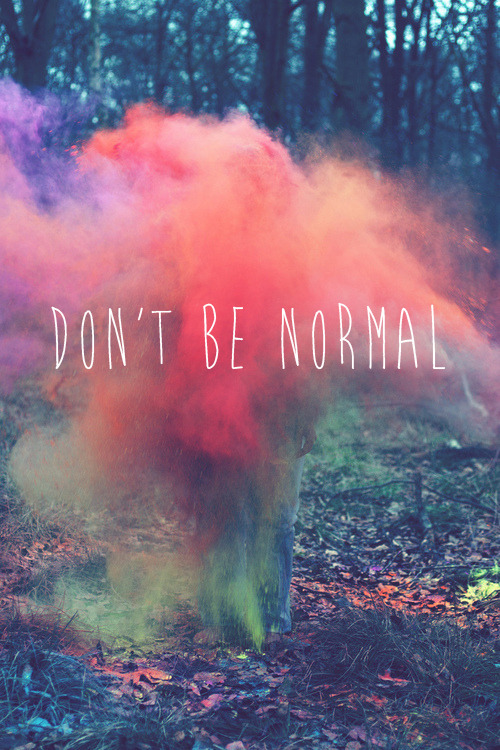1. "Happiness means getting a man, and transformation from wretched conditions can be achieved through consumption--in their case, through new clothes and a new hairstyle" (133).
This quote particularly struck me as neatly summing up the role of advertisements and how they interact with (and are masked by) the media itself. For this example of Cinderella, on a subtle level we are taught at a very young age that happiness comes from something outside of ourselves that must be purchased. That somehow we will derive an abstract (non tangible) "feeling" from physical goods. The fact that we must buy something in order to be happy appears to give us control over our lives, while in actuality these messages are transcribed into our personal ideologies without our consent through childhood movies.
We are taught, as children, that our ultimate goal is to be a consumer and that will make us happy.
2. "Their acceptance teaches me how deep the roots of these myths are planted and how much some students, in absence of visions for a different and better world, need to believe in the fairy tale magic that will transform their lives--whether it's a rich man or winning the lottery" (133).
This goes hand in hand with the previous quote. The desire to acquire money is an unquestioned motivating factor in these students that Christensen is working with--and in us all. Yes, we analyze these things, but at the end of the day something inside of us still yearns for things because we have been taught that it will cause happiness to accumulate. What Christensen calls for is action. We need to move toward rebelling against that tendency to consume, that identification with the consumer.
3. "There has also been a tendency to avoid scrutinizing these mass media products too closely, to avoid asking the sort of hard questions that can yield disquieting answers. It is not strange that this should be so. The industry itself has declared time and time again with great forcefulness that it is innocent, that no hidden motives or implications are lurking behind the cheerful faces it generates" (128).
It is pleasant to view something we enjoy as innocent. It isn't comfortable to question things when everyone around you accepts them. The most obvious "hidden motives" in movies, specifically, are product placement ads. You see the hero of an action movie driving a really nice car that is clearly identifiable by brand. Someone doing laundry with Tide detergent. So on and so fourth. This is not unintentional--these companies payed to have their product, as advertisements, in movies. The "commercials" we watch on television never end. They exist in the very programs you enjoy.
Okay, so what, there's Tide in a movie. What's the big deal?
Let's say you're watching a scene of a mother smiling and doing laundry. Maybe it makes you think of your own mother, maybe it makes you think of yourself. The house is clean and there are nice things filling it. Soon a grinning father comes home, greeted by an enthusiastic stampede of exactly 2.5 children. This is the picture of a "normal" family. This represents what we aspire to be, because it is in harmony with the dominant ideology we are spoon fed as children to keep us in our place as adults.
We want to be normal.
We want to fit in.
We will buy Tide because it makes us feel more normal, at leas on a subconscious level.
At the same time we are spoon fed ideology (appropriate gender roles, money = things = happiness, etc) we are told to buy things in order to solidify the fact that yes, we do fit in with everyone else. We are normal. There's nothing wrong here.
We don't question it or seek to rebel (not at first) because that would mean breaking down that dominant ideology and ripping apart our identity that makes us feel so nice and safe and secure.
But I think I'm getting ahead of myself. ;)
tl;dr: QUESTION. REBEL. THINGS ARE NOT AS THEY APPEAR TO BE.
20 Kinder Und Jugendfarm München
4 years ago






0 thoughts:
Post a Comment